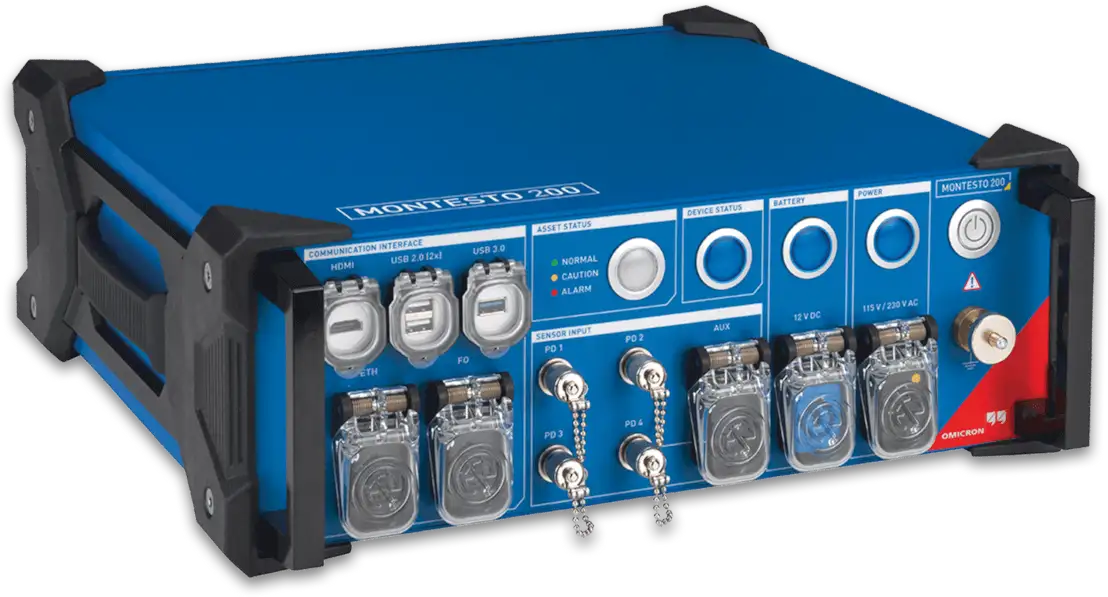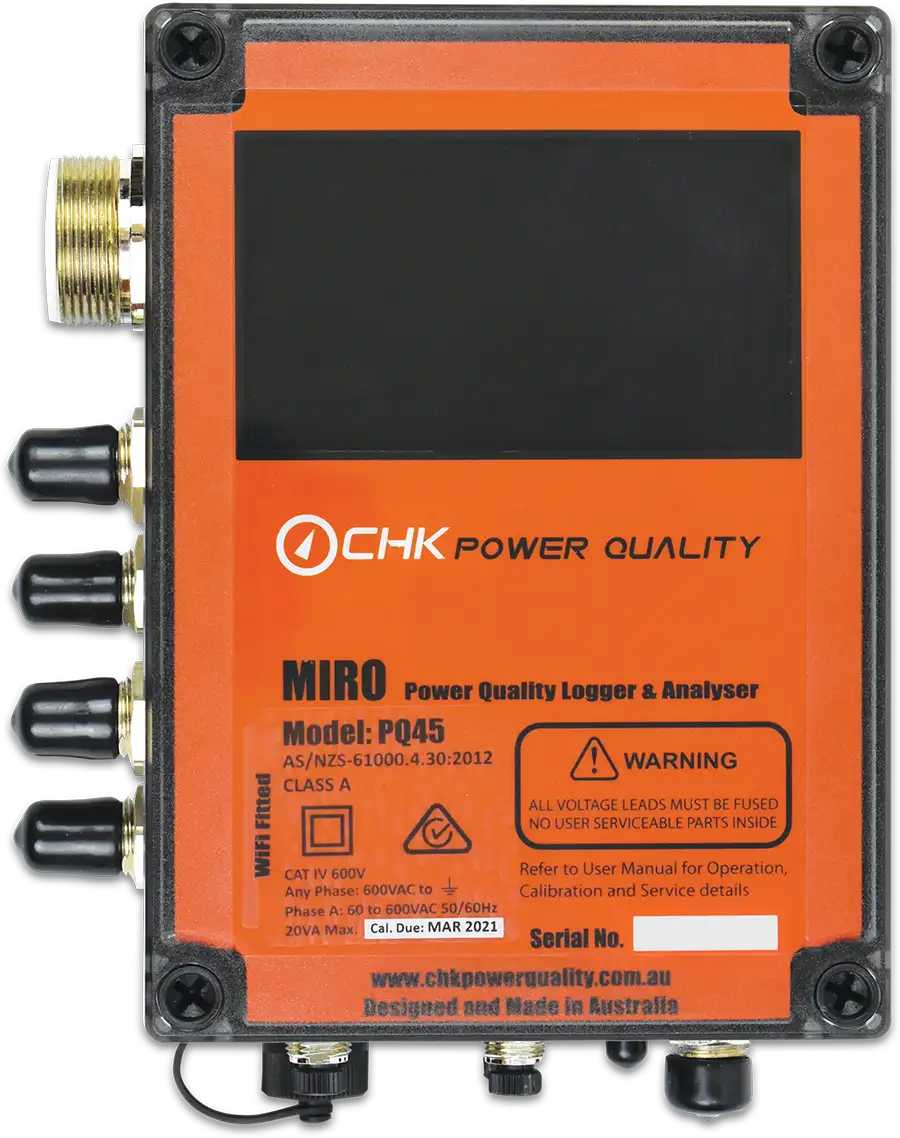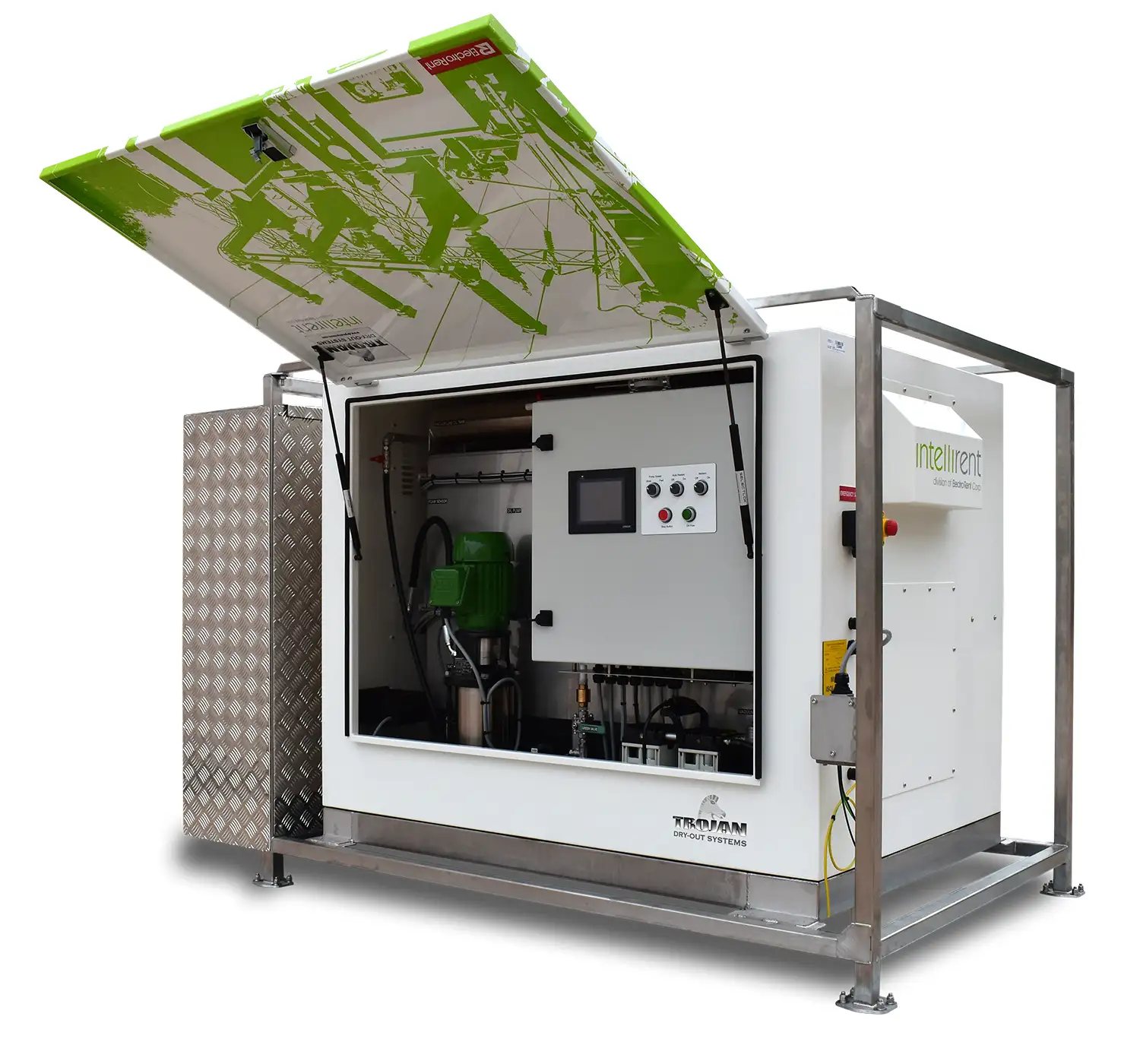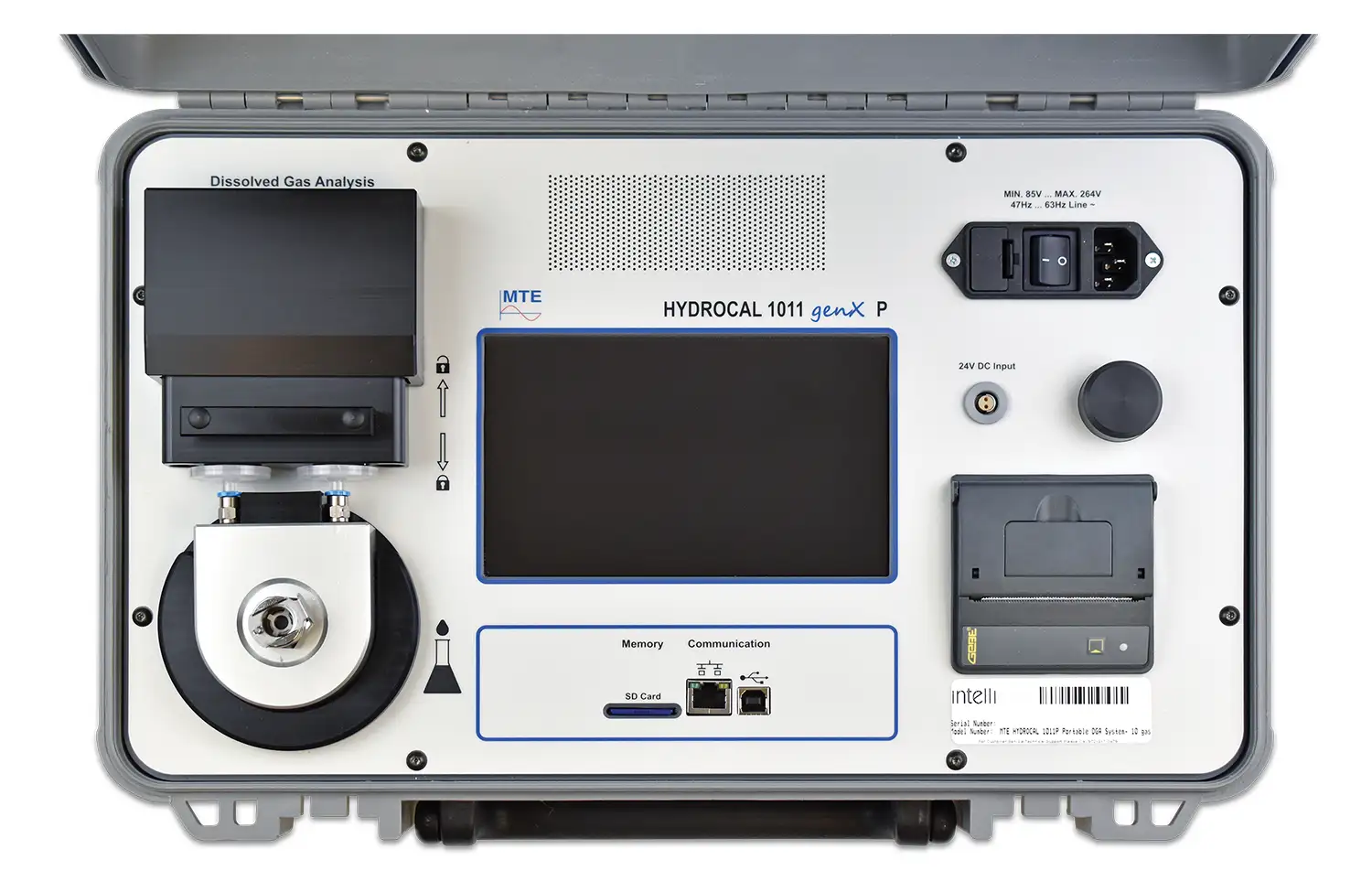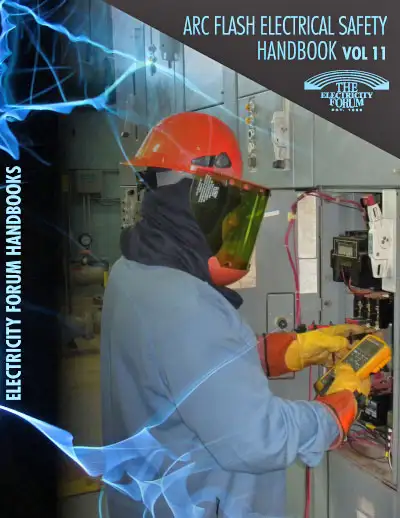Power System Engineering
Power system engineering involves the design, operation, and maintenance of electrical power systems. It ensures efficient energy generation, transmission, and distribution while improving grid reliability and integrating renewable sources across industrial and utility networks.
What is Power System Engineering?
Power system engineering is a specialized field within electrical engineering focused on the safe, reliable, and efficient operation of power infrastructure.
✅ Designs and maintains electrical generation, transmission, and distribution networks
✅ Ensures grid stability, load flow, and fault protection
✅ Supports integration of renewable energy and smart grid technologies
Power System Analysis and Design Course
Arc Flash Analysis/Study Training Course
Power System Fundamentals Course
Short Circuit Analysis/Study Course
The Role of Power Engineers in Modern Energy Networks
Power system engineering plays a pivotal role in designing, optimizing, and maintaining modern electrical networks for industrial, commercial, and institutional electrical systems. As the world transitions to a more sustainable energy future, electrical engineers will continue to be in high demand, addressing key concerns such as energy efficiency, renewable energy integration, power quality, and reliability. With a strong educational background and practical experience, these professionals will shape the future of energy networks and contribute to a more sustainable and reliable world. For complete insight into design practices, visit our page on power system analysis and design.
Load Management for Industrial and Commercial Efficiency
Load management is a key aspect of power system engineering that allows engineers to optimize energy consumption, reduce peak demand, and minimize energy costs in industrial, commercial, and institutional electrical grids. Large facilities can decrease their energy usage, minimize peak demand charges, and contribute to a more stable power grid by implementing effective load management techniques, such as utilizing electronics and power distribution systems. This, in turn, helps electric utilities maintain a reliable electric power supply and efficiently manage their distribution systems. You can also browse our electrical engineering channel or sign up for expert-led power system training to deepen your understanding.
Integrating Renewable Energy
Integrating renewable energy sources into existing electrical grids is another critical aspect of PSE. Key factors to consider during this process include the compatibility of renewable energy sources with traditional electrical generation methods, grid capacity, and the need for energy storage solutions to address the intermittent nature of renewables. Engineers with a strong background in renewable energy and power electronics can design and implement effective solutions to integrate renewables into the electrical grid, reducing dependence on fossil fuels, decreasing greenhouse gas emissions, and promoting a more sustainable energy future.
Power Quality and Electrical Protection Strategies
Power system engineering maintains power quality in industrial, commercial, and institutional electrical systems. Engineers work diligently to prevent voltage fluctuations and harmonic distortions that can cause equipment malfunction and damage. In addition, engineers can effectively mitigate the risks associated with power quality issues by designing and implementing proper electrical protection and grounding networks and employing advanced techniques such as grounding and bonding, load balancing, and load flow analysis. Our power system engineering section explores how three-wire designs support industrial voltage requirements.
Smart Grid Technology and Digital Transformation
Smart grid technologies are rapidly transforming the landscape of PSE. These technologies enable real-time monitoring and control of power networks, allowing for better integration of renewable energy sources, improved energy management, and increased power stability. However, implementing smart grid technologies in industrial, commercial, and institutional electrical equipment also presents challenges, such as increased complexity, cybersecurity concerns, and the need for significant infrastructure investments. Despite these challenges, the benefits of smart grid technologies far outweigh the drawbacks, making them a crucial component of modern electrical systems. To learn how phase-to-phase connections impact system behavior, see our detailed guide on load flow analysis.
Fault Analysis and System Protection Coordination
Fault analysis and protection coordination are essential tasks in PSE, especially in complex grids, including industrial, commercial, and institutional electrical networks. Engineers perform fault analysis to identify potential issues within the grid, such as short circuits, equipment failures, or other malfunctions. Based on this analysis, they design protection schemes that minimize the impact of faults on the overall power network. In addition, protection relays, switchgear, and other equipment are critical in ensuring the safe and efficient operation of electrical equipment.
Ensuring System Reliability for Critical Facilities
Reliability is a primary concern in power system engineering, particularly in critical facilities where an uninterrupted electrical supply is crucial. Engineers employ various best practices to improve reliability, such as regular maintenance, redundant backup electrical equipment, and robust electrical distribution networks. By adhering to these practices, engineers can ensure a continuous electrical supply and minimize the risk of costly downtime.
According to labour statistics, the demand for engineers is expected to grow as the need for efficient and reliable energy increases, particularly in industrial, commercial, and institutional settings. With a strong educational background and practical experience, engineers will continue to play a vital role in shaping a more sustainable and reliable energy future.
Power system engineering is critical in designing, optimizing, and maintaining modern electrical networks for industrial, commercial, and institutional electrical equipment. By addressing key concerns such as energy efficiency, renewable energy integration, power quality, and reliability, engineers are shaping a more sustainable and reliable energy future for these vital sectors.
Optimizing Energy Use with Advanced Engineering Techniques
Engineers often implement energy management strategies to enhance energy efficiency further, leveraging their expertise in electronics, electric motors, and energy storage. By doing so, they can optimize the performance of various electrical equipment, reducing energy consumption and lowering operational costs. This focus on energy efficiency is particularly important in large-scale facilities, where even small improvements can lead to significant savings.
In electric generation, PSE plays a crucial role in ensuring the optimal performance of plants, whether traditional resources or renewable energy sources fuel them. Engineers contribute to the design, operation, and maintenance of electrical generation facilities, ensuring that they operate efficiently and meet the ever-increasing demand for electricity. In addition, as renewable energy resources become more prevalent, electrical engineers will need to adapt and innovate to ensure the seamless integration of these resources into the existing electrical grid.
Transmission and Distribution System Design Principles
Another essential aspect of PSE is the design and maintenance of transmission and distribution grids. Engineers must ensure electricity is efficiently transmitted from electrical plants to end-users, minimizing losses and maintaining power quality. They also need to consider the impact of growing energy demand and the addition of new energy sources, requiring a thorough understanding of transmission line design, transformer design, and three-phase electrical equipment.
PSE also encompasses developing and applying cutting-edge technologies in the energy industry. As a result, engineers working in this field must stay up-to-date with the latest advancements, such as new electronic devices, innovative energy storage solutions, and novel power system engineering approaches. By staying at the forefront of technological innovation, engineers can contribute to the ongoing evolution of industrial, commercial, and institutional electrical grids, ensuring their long-term sustainability and reliability.
Related Articles
On-Site Training
Interested in cost effective, professional on-site electrical training?
We can present an Electrical Training Course to your electrical engineering and maintenance staff, on your premises, tailored to your specific equipment and requirements. Click on the link below to request a Free quotation.
EF PARTNER MEDIA
Product Showcases
Shared Media

